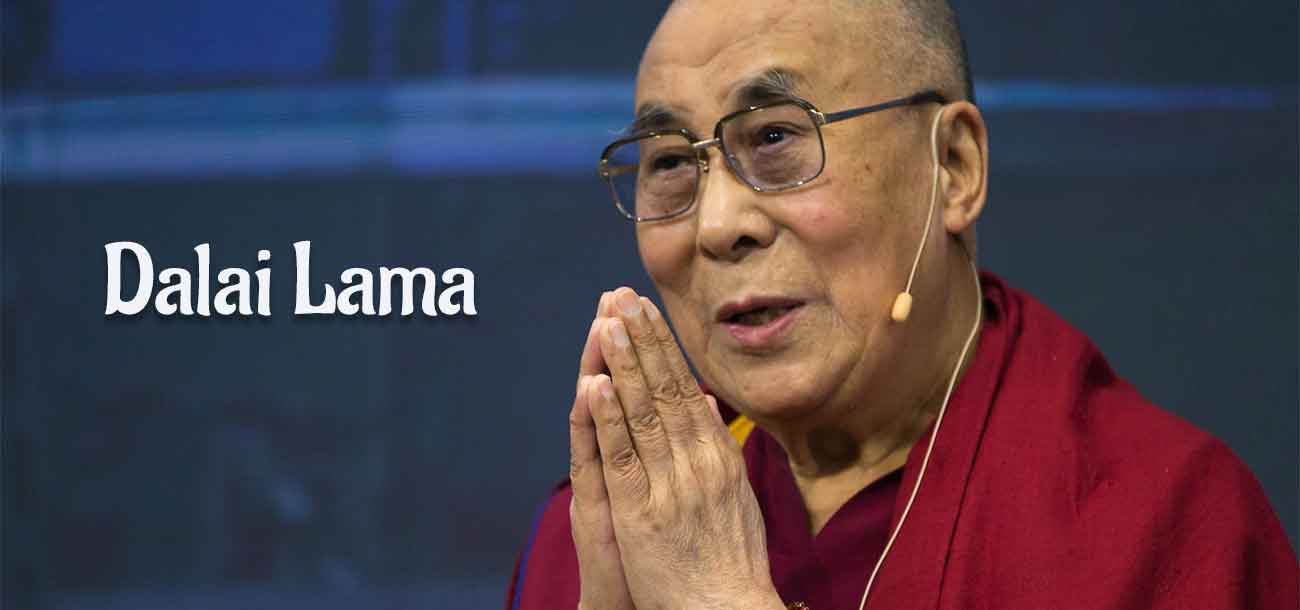India has firmly expressed support for the Dalai Lama's authority to determine his own successor, reinforcing New Delhi’s long-standing cultural and spiritual ties with the Tibetan community — and openly pushing back against China’s attempts to control the process.
A Statement of Respect and Sovereignty
Speaking at a global religious conference, India’s Minister of State for External Affairs, Rajkumar Ranjan Singh, emphasized that the Dalai Lama alone has the moral and spiritual authority to decide on his reincarnation. The statement, while measured, directly contrasts with China’s position — which insists that only Beijing has the power to approve the next Dalai Lama under its state-guided religious laws.
The minister stated:
“The reincarnation of the Dalai Lama is a deeply spiritual matter. India fully respects the right of the Tibetan people and their religious leader to make that decision themselves.”
India vs. China: A Geopolitical Undercurrent
China’s claim over the succession process stems from its control of Tibet and its assertion that all religious matters within its borders must align with state policy. In 2007, Beijing even passed legislation requiring government approval for any reincarnated lama.
However, India’s clear backing of the current Dalai Lama’s stance reflects not only spiritual solidarity but also a subtle strategic stance in the wider India-China relationship — one already marked by border tensions, trade rivalries, and regional competition.
Who Chooses the Dalai Lama?
In Tibetan Buddhism, the Dalai Lama is traditionally believed to be the reincarnation of a line of enlightened beings. After the 14th Dalai Lama (now aged 90), the process to identify his successor involves spiritual signs, visions, and long-established rituals — not state decrees or political mandates.
The Dalai Lama has himself warned that if China attempts to impose a successor, that person would “not be trusted or accepted by the Tibetan people.”
Global Implications
India’s position could influence how other democratic nations view the legitimacy of any future Dalai Lama named by Beijing. It also underscores India’s soft-power diplomacy — aligning with religious freedom and self-determination.
For China, this represents a diplomatic challenge. While it maintains strict control over Tibet, it cannot easily suppress the global stature and moral influence of the Dalai Lama.
Final Thoughts
India’s open support for the Dalai Lama’s right to choose his spiritual successor is more than a diplomatic soundbite — it’s a declaration of cultural respect, religious autonomy, and strategic resolve.
As the world watches how the succession unfolds, the spiritual legacy of the Dalai Lama — and who will carry it forward — is shaping up to be not just a religious decision, but a global political flashpoint.
Stay informed with insightful global perspectives at Soshyo.com.
Powered by Froala Editor










